Madison Malo Accepted Into Selective FEMA Program, Will Continue to Advocate for Climate Change
May 21, 2023
Sophomore Madison Malo was recently accepted into the Youth Preparedness Council, a highly selective FEMA program where students meet in Chicago to discuss the environment and climate change.
“I applied for this program with little chance of getting chosen,” she said. “There were between 10 and 15 students chosen from 6 states this year. Still, I was hopeful.”
Malo shared that this organization’s goal is “to have students lead in emergency preparedness and preparing our communities for climate change.” The Council’s orientation will take place on June 10, and after that they will meet both online and at their headquarters in Chicago throughout the year.
Malo already had experience working at Bay Beach Wildlife Sanctuary helping to rehabilitate injured animals, and now she wants to bring the “less looked at” aspects of climate change to the attention of leaders through this program.
“As a member, I will lead a team project to put into action in our communities,” said Malo. “My proposition for this project was to create a program that furthered the YPC’s climate change curriculum by connecting the book work with hands-on experience with animals to create an emotional connection that brings lasting attention to the lives of elementary children.”
“This is in the hope that it will lead them to be more aware and progressive adults. My work will be to help prepare our communities for climate change by preparing future generations,” she said.
Malo is extremely passionate about leadership and student government, and she shared that this is because young people need to take initiative to combat climate change.
“We are the future of the world,” she said. “We need to start acting now if we truly want to be changemakers. By starting early, we can gain more experience for when we are older and truly at the helm. This is especially important regarding climate change because it will mostly fall on our shoulders.”



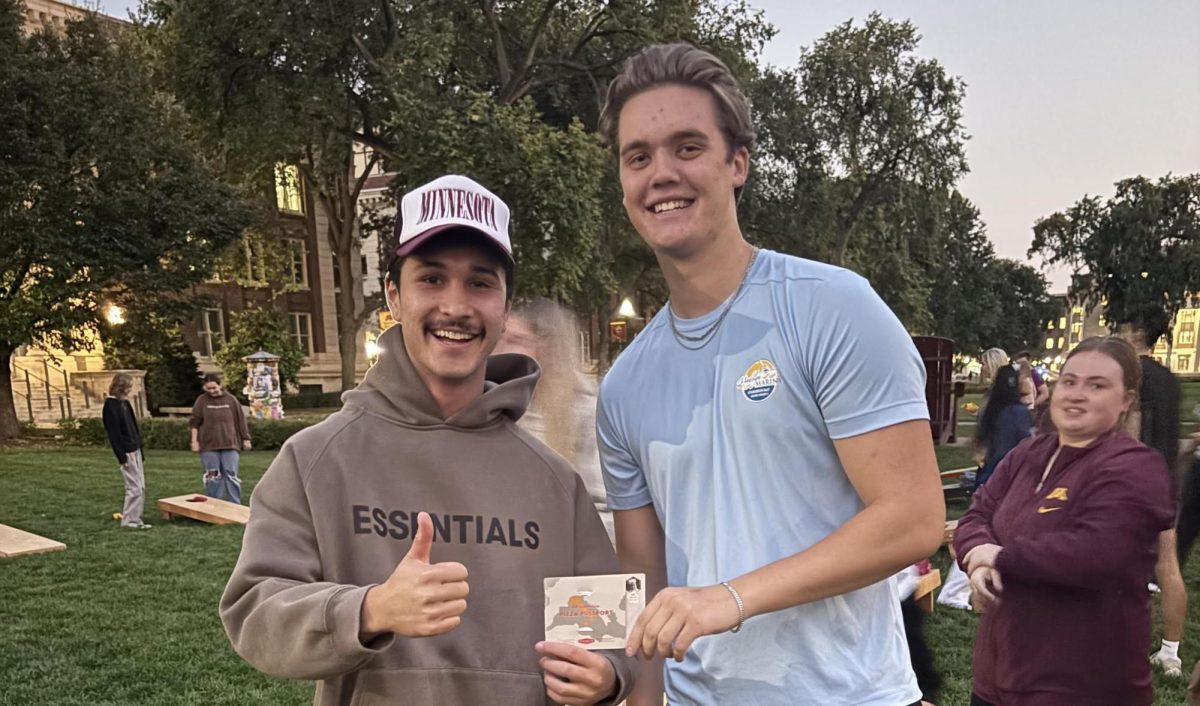



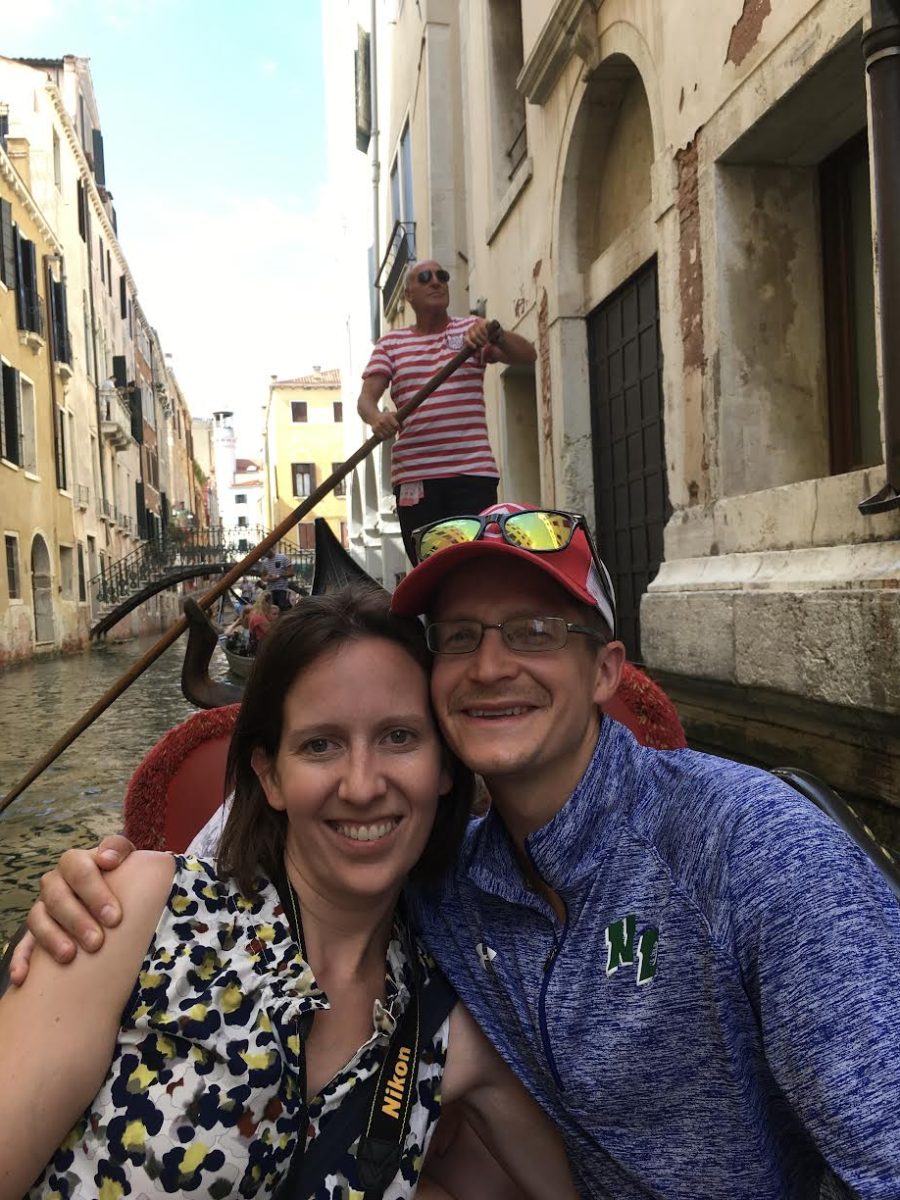






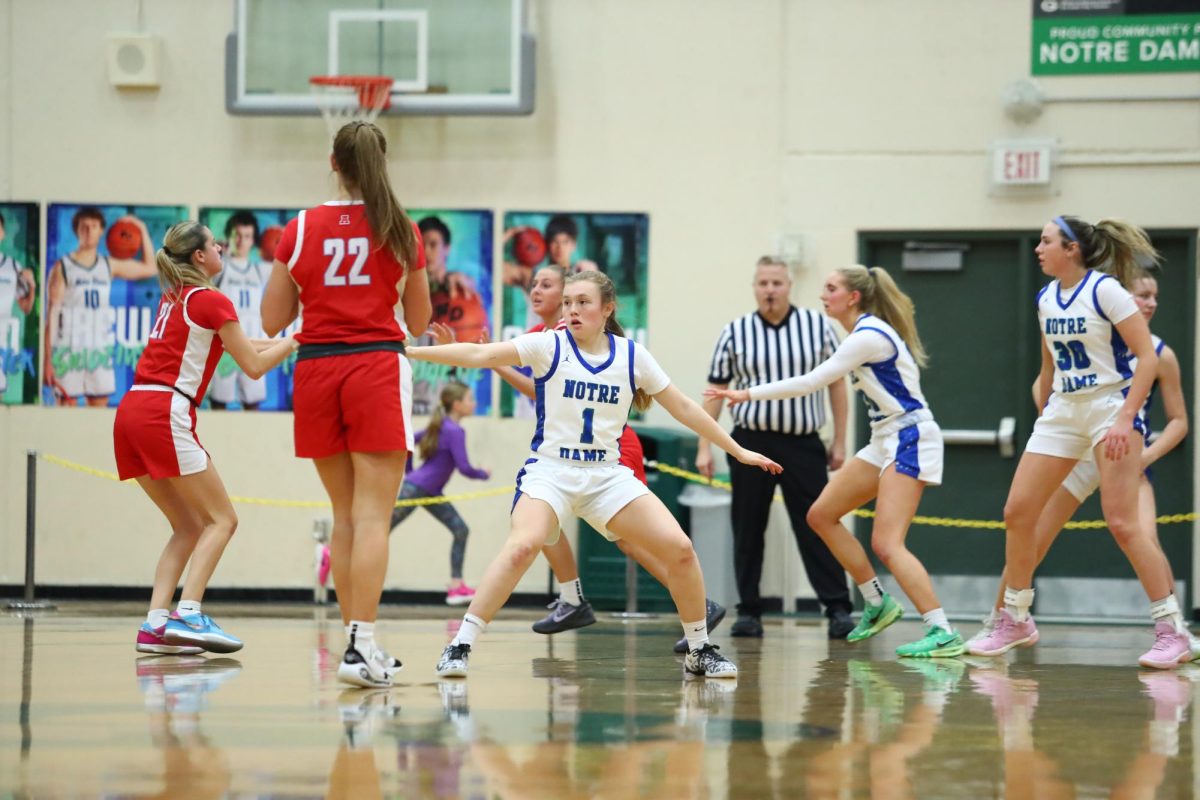
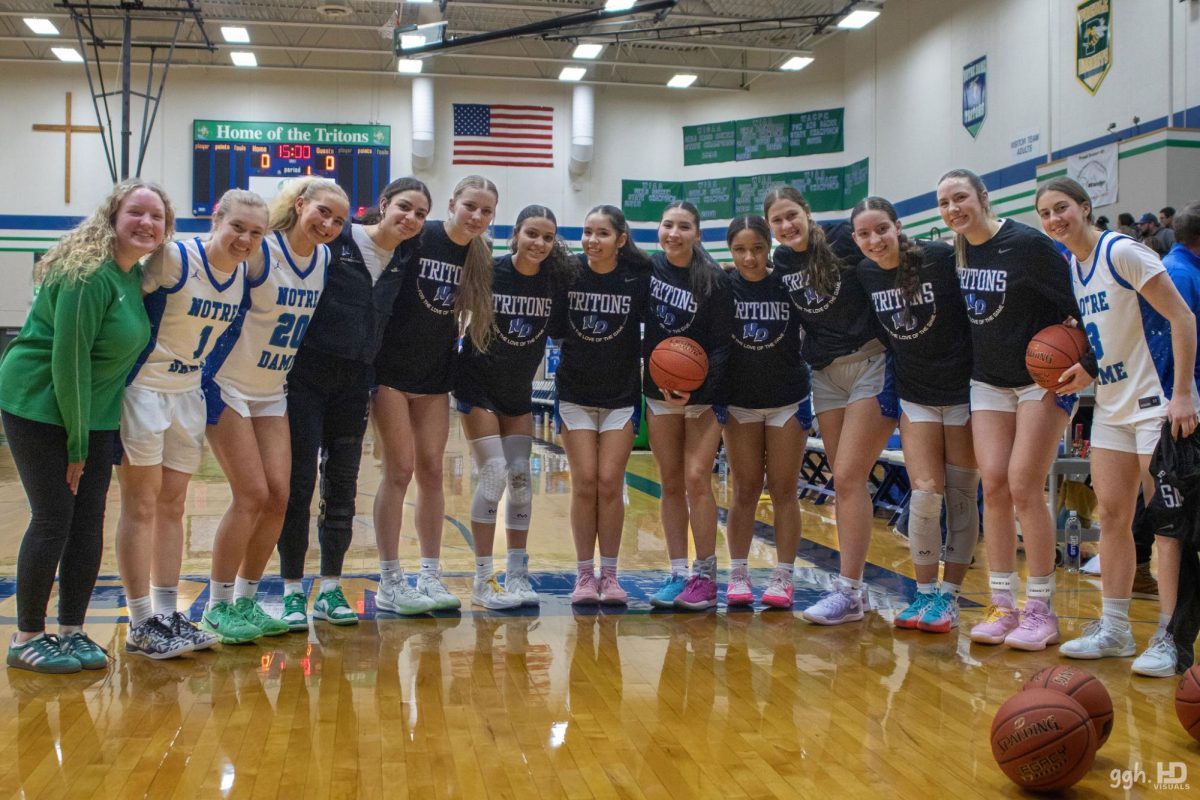

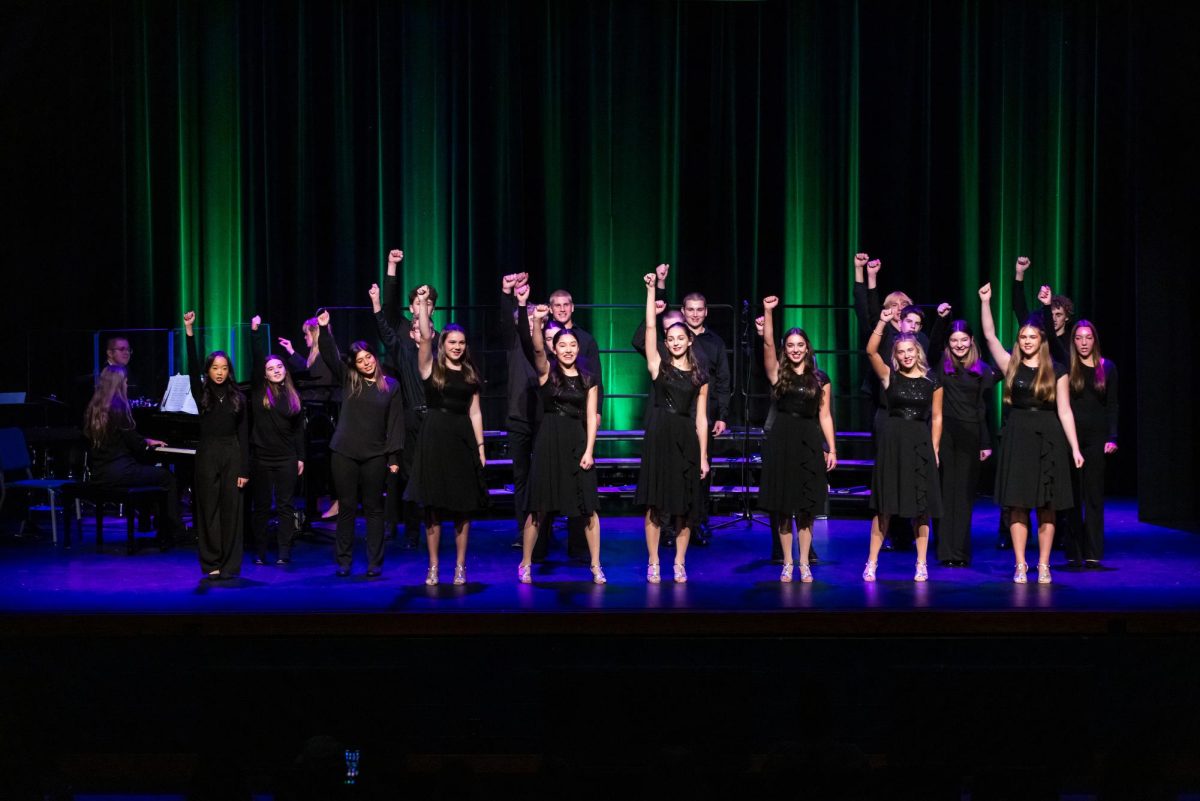
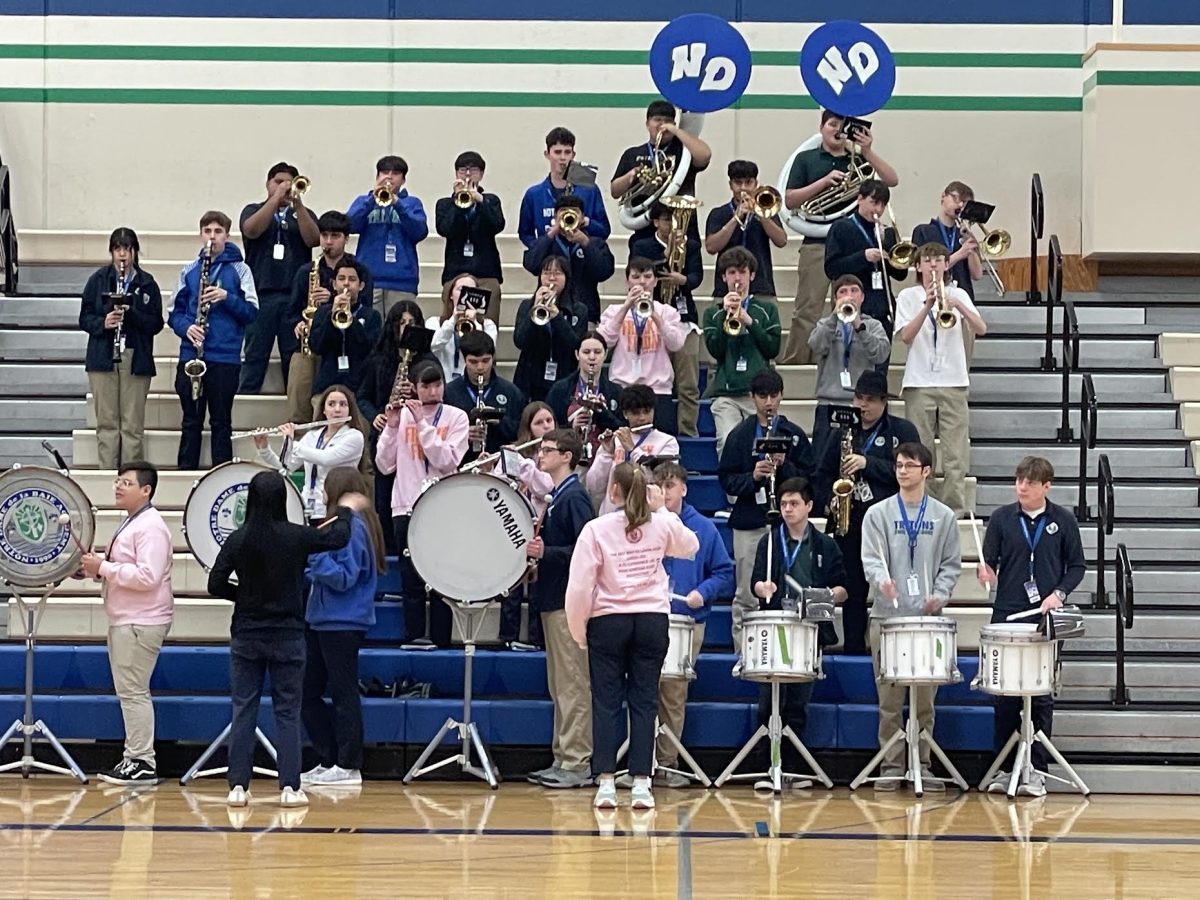
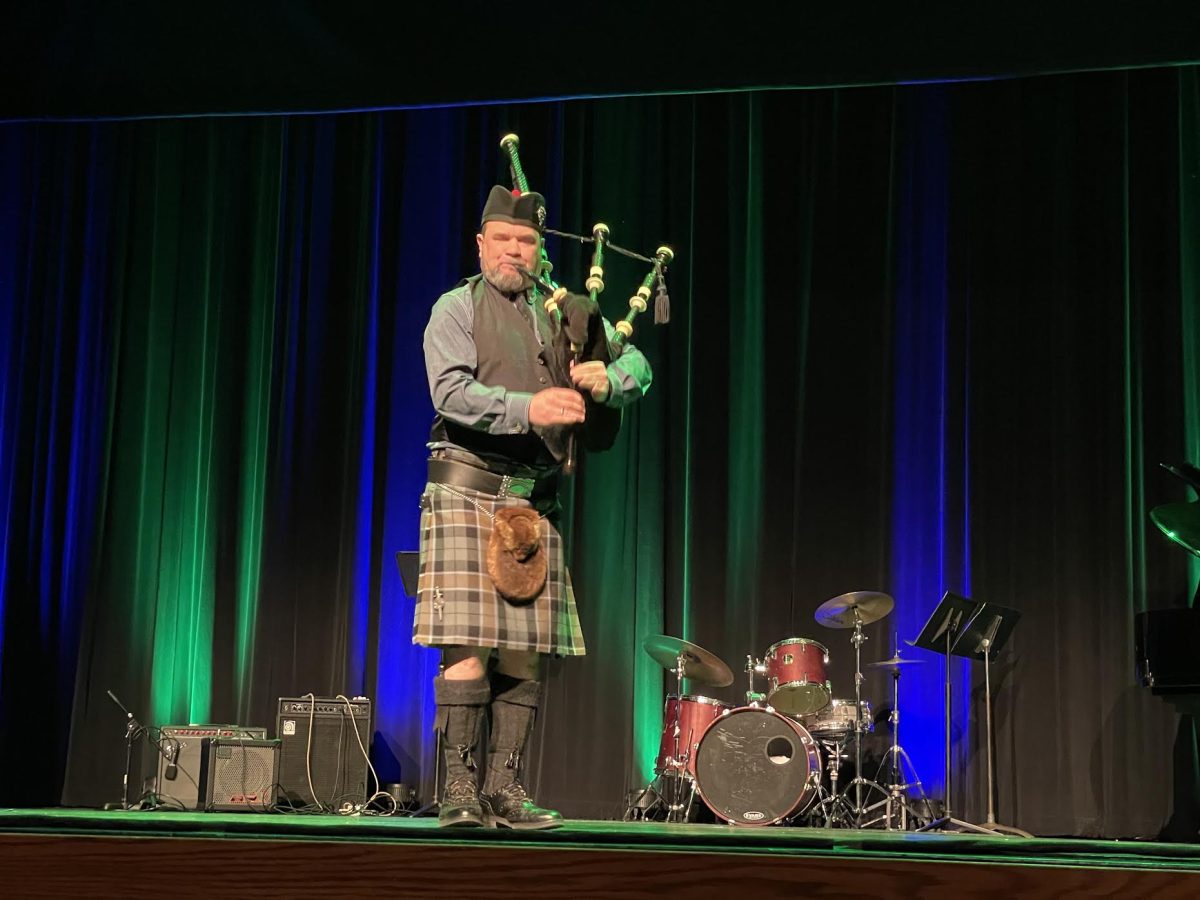
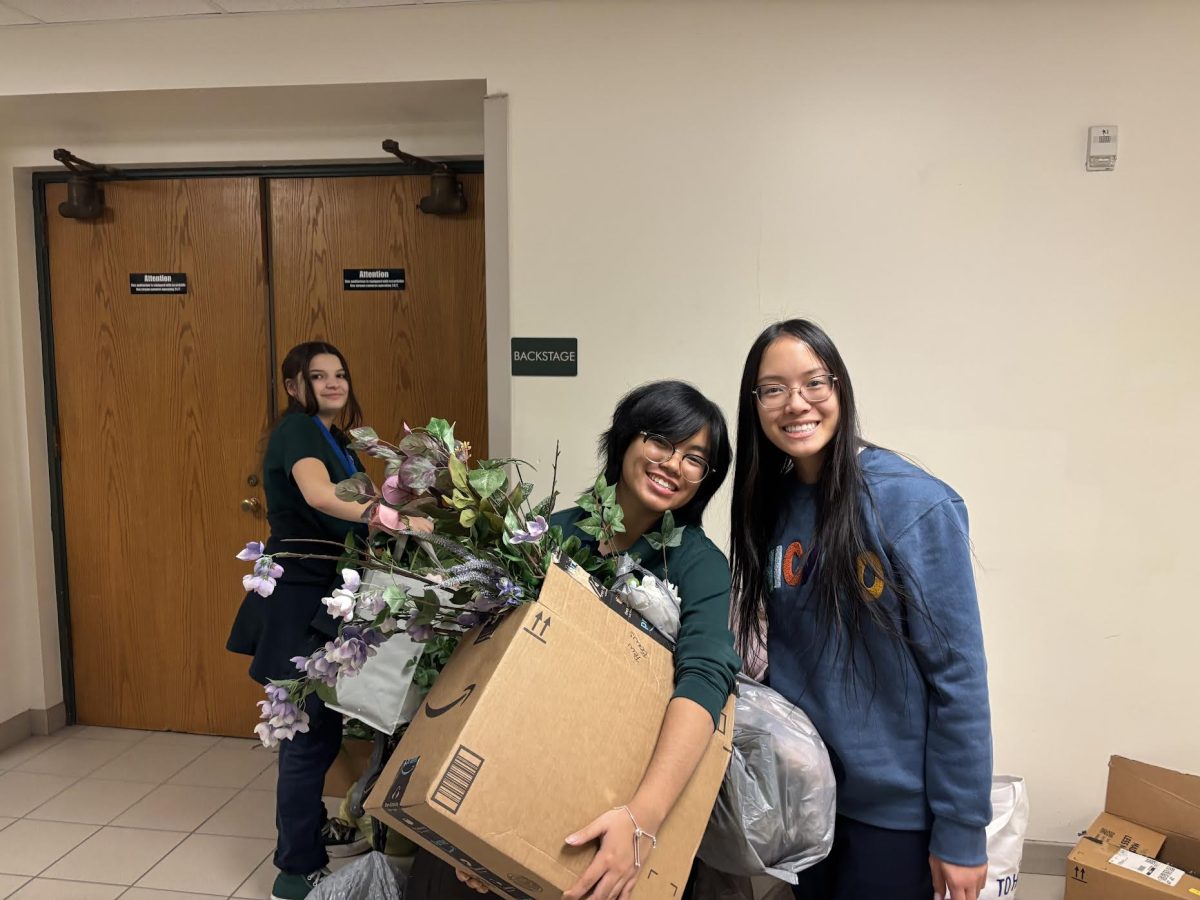
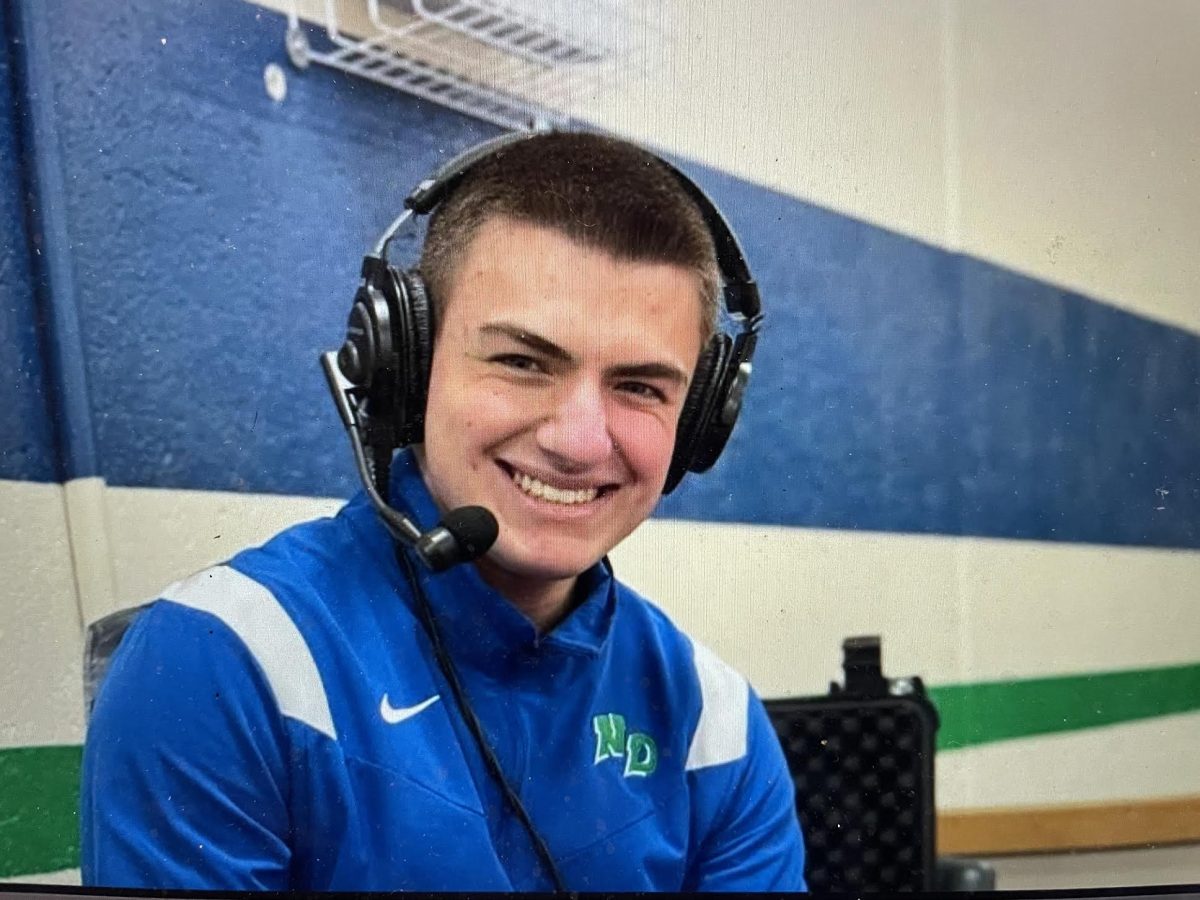

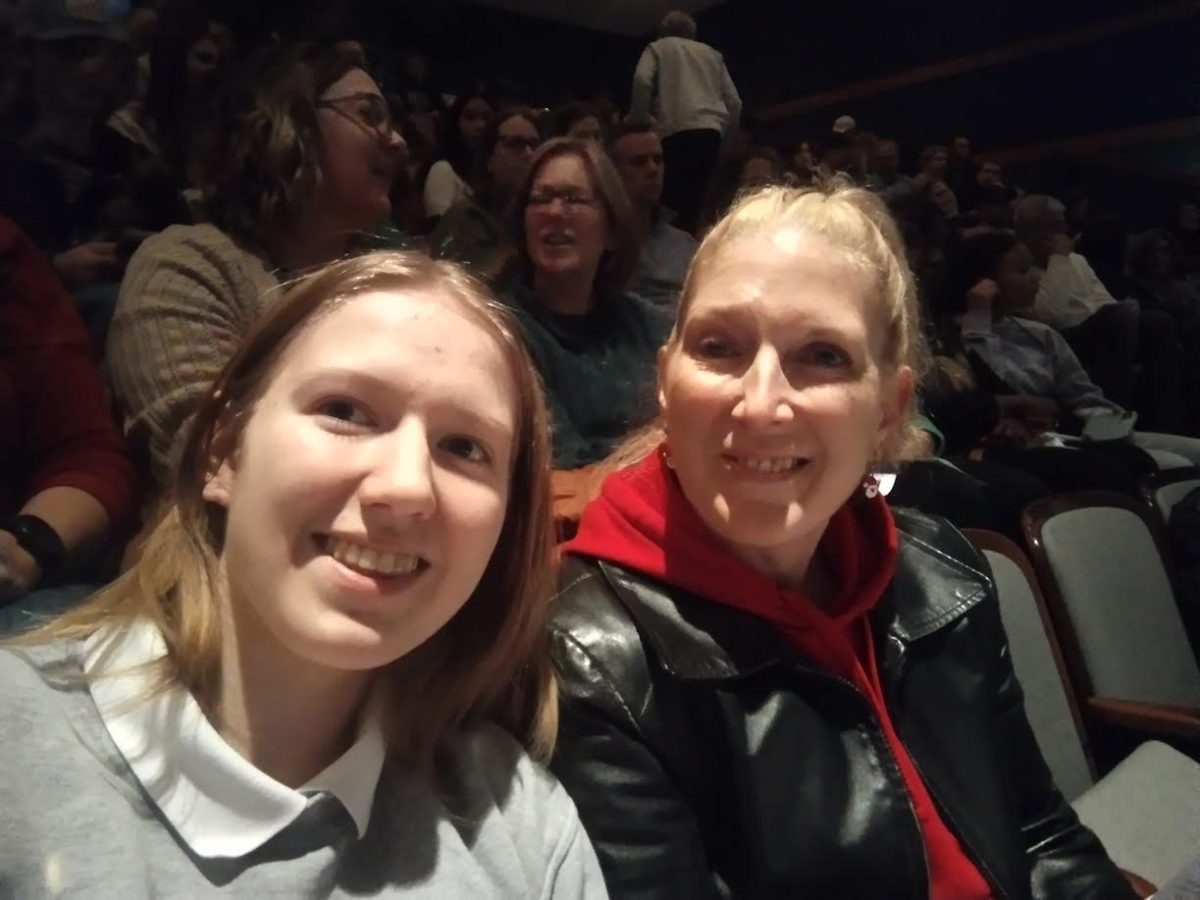


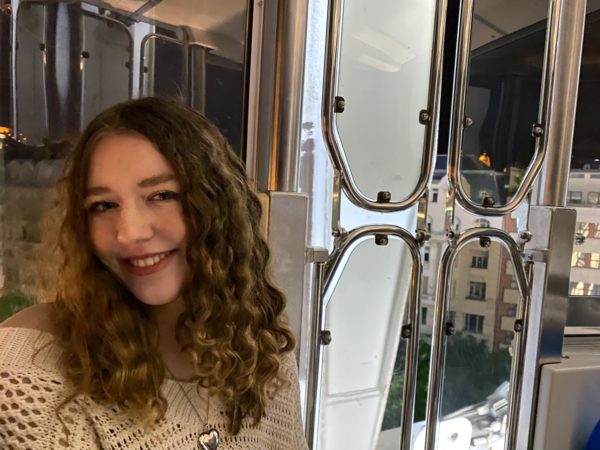
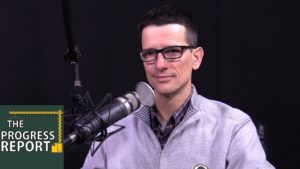
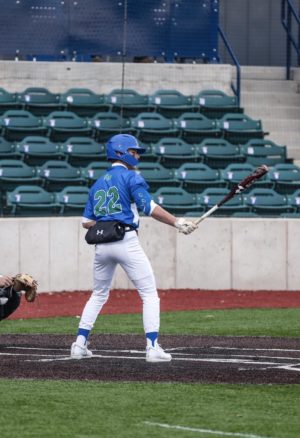





Becky L Bain • May 25, 2023 at 1:54 pm
This is awesome…way to go, Madison!